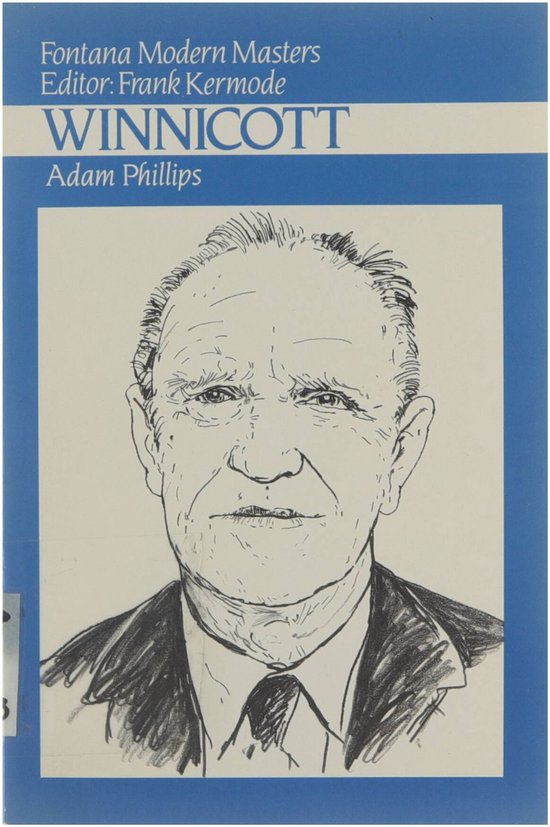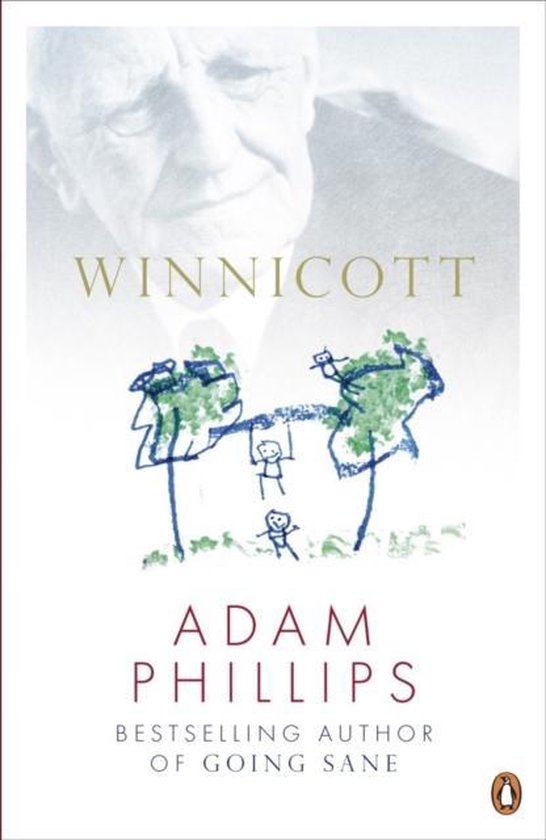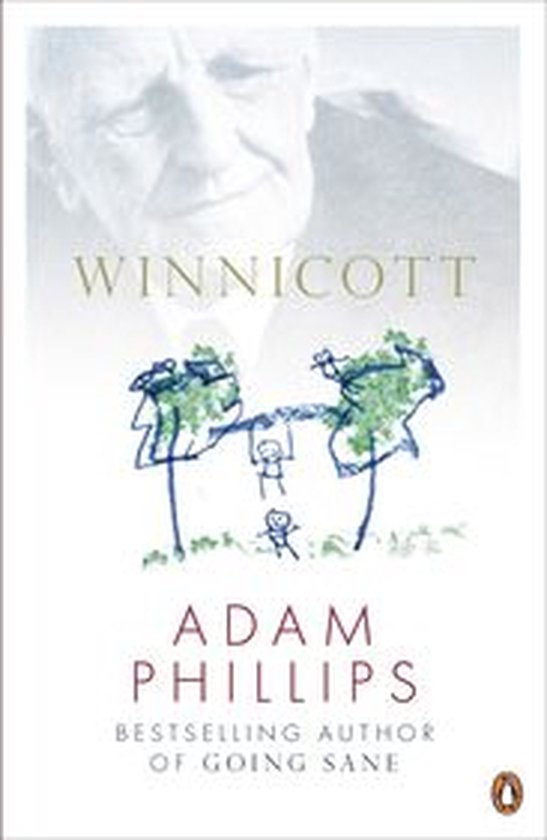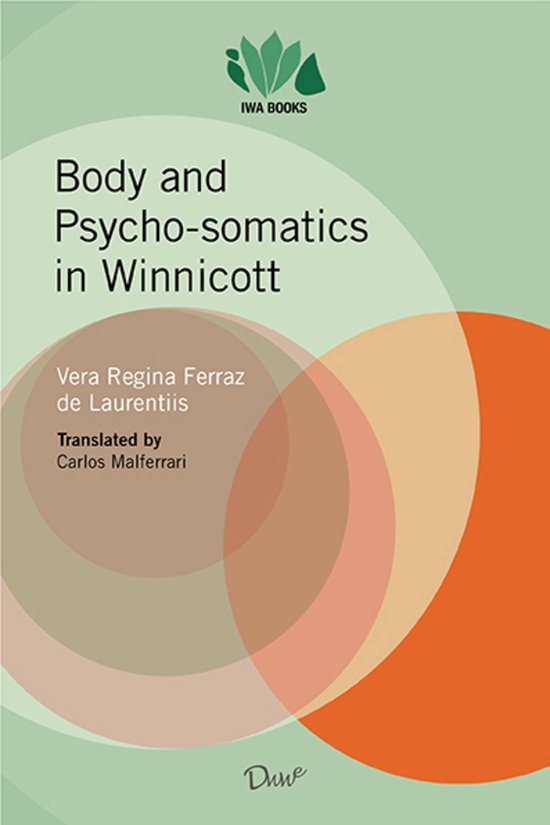
Winnicott
Although he founded no school of his own, the work of D. W. Winnicott (1896–1971) is increasingly being regarded as one of the most influential contributions to psychoanalysis since Freud. In over forty years of clinical practice, and as the first paediatrician in Britain to train as a psychoanalyst, he brought unprecedented skill and intuition to the relatively new discipline of the psychoanalysis of adults and children. His idiosyncratic approach to psychoanalysis was combined with a willingness to make his work available to non-specialist audiences. Like Freud and Lacan, he was a writer, as well as a clinician, with a distinctive style.
Through close readings of his most important papers, Adam Phillips traces Winnicott's growing interest in the mother–infant relationship and the developmental process and, above all, his radical, though often understated, revision of the work of Freud and Melanie Klein. In this sometimes critical introduction to his work, Winnicott takes his place with Klein and Lacan as one of the very few great innovators within the psychoanalytic tradition.
| Auteur | | Adam Phillips |
| Taal | | Engels |
| Type | | Paperback |
| Categorie | | Taal |





